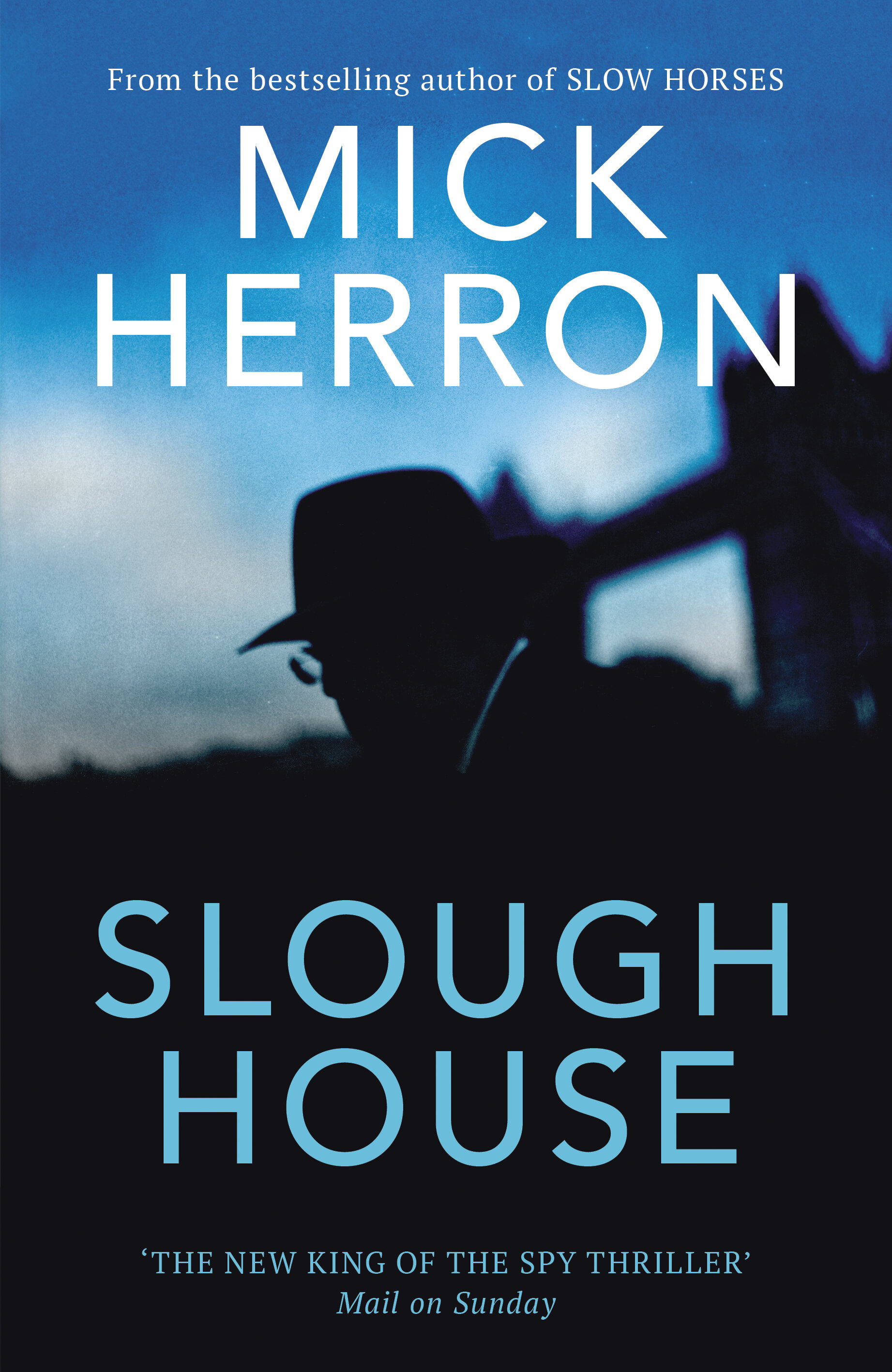In his new book Empireland, the Times journalist and memoirist Sathnam Sanghera has made a serious attempt to examine the impact of the British Empire on modern-day Britain. Sanghera argues passionately that our identity has been shaped—mainly for the worse—by the Empire and that it is only by confronting this fact that we can move forward as a society. He quotes the economic anthropologist Jason Hickel: “If British people understood colonial history half as well as they understand the details of Henry VIII’s wives, Britain would be a different country.”
Sanghera has a journalist’s instinct for an eye-catching statistic. While the Empire at its height covered a quarter of the world’s land surface and governed nearly a quarter of the world’s population, it was maintained with the help of remarkably few staff—in 1899, only 1,500 officials were employed by the Colonial Office. Sanghera does not shy away from the horrors of the Empire, not least in describing the unprovoked invasion of Tibet in 1903, when one British lieutenant remarked: “I got so sick of the slaughter that I ceased fire, though the General’s order was to make as big a bag as possible.”





